Sponsored Links
Report Claims Universal UK Broadband WILL Kill the BBC TV Licence Fee
Posted: 05th Aug, 2010 By: MarkJ
 A new report from the Adam Smith Institute (ASI) - 'Global Player or Subsidy Junkie? Decision time for the BBC' - has been doing the rounds this week after it called for the BBC TV Licence fee to be "abolished" and for the BBC itself to instead become a "subscription service". One of several reasons given is that universal UK broadband coverage and the internet will make "a 'licence' to broadcast obsolete".
A new report from the Adam Smith Institute (ASI) - 'Global Player or Subsidy Junkie? Decision time for the BBC' - has been doing the rounds this week after it called for the BBC TV Licence fee to be "abolished" and for the BBC itself to instead become a "subscription service". One of several reasons given is that universal UK broadband coverage and the internet will make "a 'licence' to broadcast obsolete".ASI - The BBC should give up the Licence Fee, currently the source of most of its income, for the following reasons:Whatever the merits or not of those various arguments, we're only going to concentrate on broadband. The government is of course moving towards making broadband download speeds of at least 2Mbps (Megabits per second) available to everybody in the country by
- It criminalises poor people.
- It forces people to pay for genuinely “free” services funded by advertising.
- It obliges the BBC to replicate a crude commercial model based on mass-audience advertising.
- Universal broadband and the Internet make a “licence” to broadcast obsolete. On the other hand, they enable direct delivery of services outside the UK. The current funding model denies access to Britons and others resident overseas.
Related News:In addition the government also wants to help deploy "super-fast" fibre optic based broadband ISP services into rural areas, although we note that there has been NO firm commitment to a specific service speed or 100% coverage. Prior to the election we did hear promises about 100% coverage and 100Mbps service speeds from some politicians but those have since evaporated.
17th July 2010 - Broadband Delivery UK Event Delays 2Mbps Internet Speed for all Until 2015
So, will universal broadband really make the BBC TV Licence fee obsolete? Well if it does then it won't happen for a long time yet and there are several reasons for this, only some of which appear to have been correctly acknowledged by the report. Let's examine what it said.
ASI's Media Expert and Former BBC Producer, David Graham, said in his report:
"The medium of the new age will be broadband via the global internet, enabling the delivery of content anywhere in the world with virtually zero transport costs."
"The medium of the new age will be broadband via the global internet, enabling the delivery of content anywhere in the world with virtually zero transport costs."
The first part is certainly fair comment but to suggest that there are "virtually zero transport costs" for delivery of TV style content to anywhere in the world is not. UK ISPs are already straining under the fast growing weight of demand for online video content, the bulk of which come from YouTube and a smaller amount from similar services like the BBC's own web-based iPlayer .
Bandwidth is certainly not cheap and the market is having a hard time keeping pace with such a significant shift in the online video viewing culture. This currently forms part of a huge debate surrounding Net Neutrality and whether consumers should pay for what they use or not.
If internet TV content really had virtually no costs attached then there would be no need for such a debate to exist but sadly, online video content isn't cheap to deliver. Thankfully the report does recognise this, if only in part.
ASI's Media Expert and Former BBC Producer, David Graham, added:
"We may or may not be on the verge of a revolution in delivery systems driven by universal fast broadband – it is too early to say. However, we can be sure that the technology will keep changing and the trend will be to make it easier and cheaper to produce video content and deliver it.
...
Technological change is already playing a key role in the expansion of Pay-TV and will play an even greater one in future. The internet together with fast home broadband opens up wholly new possibilities. Recently, I hear, good money was earned from the sales of US basketball games to China for $1 per game per person."
"We may or may not be on the verge of a revolution in delivery systems driven by universal fast broadband – it is too early to say. However, we can be sure that the technology will keep changing and the trend will be to make it easier and cheaper to produce video content and deliver it.
...
Technological change is already playing a key role in the expansion of Pay-TV and will play an even greater one in future. The internet together with fast home broadband opens up wholly new possibilities. Recently, I hear, good money was earned from the sales of US basketball games to China for $1 per game per person."
The next and most obvious problem is from "universal broadband" access itself, specifically it's ability, or lack thereof, to deliver the promised content. A minimum download speed of 2Mbps simply isn't going to cut it in 2015, when HD TV content will be common place.
In addition many of the "Final Third" quick-fix broadband solutions, such as Satellite services, couldn't cope with the kind of bandwidth demands that a good quality internet TV viewing experience requires. The service speed would need to be both fast, flexible and affordable. The report acknowledges this too.
ASI's Media Expert and Former BBC Producer, David Graham, concluded:
"On-demand services are only viable with an adequate broadband signal. With adequate bandwidth, you can watch live or recorded content on a personal computer. Technically, you do not even need to pay the Licence Fee to watch content on the BBC iPlayer.
The vast majority of viewing to TV still takes place both on a conventional TV and in the home. But what happens when people are able to avoid live broadcasts and rely on downloads and on-demand services? As one of my colleagues said: “Will everyone with fast broadband end up having to pay a Licence Fee?”
I predict that we will shortly start to hear talk of a new basis for the Licence Fee, to be paid on broadband access rather than on a given receiving device. There will be justified resistance to this, especially if the fee is, as now, proposed as the primary method of funding the BBC."
"On-demand services are only viable with an adequate broadband signal. With adequate bandwidth, you can watch live or recorded content on a personal computer. Technically, you do not even need to pay the Licence Fee to watch content on the BBC iPlayer.
The vast majority of viewing to TV still takes place both on a conventional TV and in the home. But what happens when people are able to avoid live broadcasts and rely on downloads and on-demand services? As one of my colleagues said: “Will everyone with fast broadband end up having to pay a Licence Fee?”
I predict that we will shortly start to hear talk of a new basis for the Licence Fee, to be paid on broadband access rather than on a given receiving device. There will be justified resistance to this, especially if the fee is, as now, proposed as the primary method of funding the BBC."
We have of course been hearing talk concerning a "new basis for the Licence Fee" for some time now and the government is already mooting plans to use at least part of it (3.5% Digital Switchover budget, from 2012 onwards) for funding universal and super-fast broadband roll-outs in the UK. That is nothing new.
The simple fact is that the current 2015 universal broadband commitment (USC) of 2Mbps is still too weak. It will also take many more years to complete a rollout of "super-fast" services to reach everybody, which will stretch well beyond 2015 and could bring us closer to 2020.
On top of that, and in order to cope with new TV content, the services that consumers receive would need to be dramatically more flexible than they are today. This is perfectly feasible over fibre optic lines and 10 years would do it, but it's still far too early for the BBC Licence fee to be scrapped just because of broadband.
ASI Report Download (PDF)
http://adamsmith.org/files/BBCreport(2).pdf
Search ISP News
Search ISP Listings
Search ISP Reviews
Latest UK ISP News
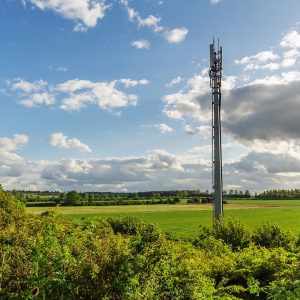
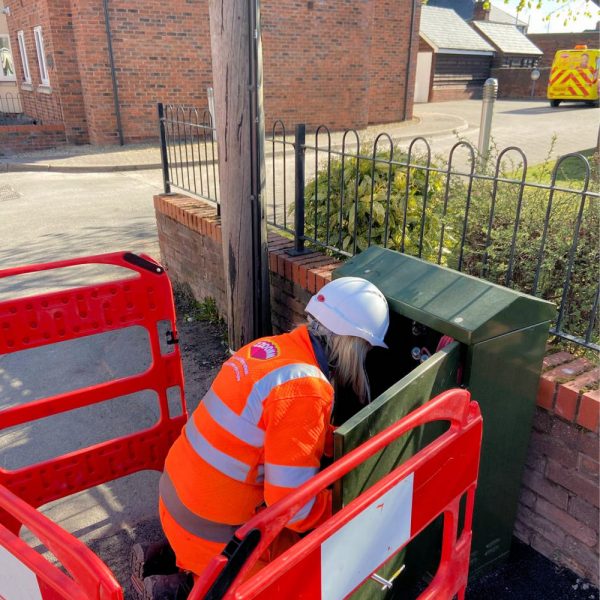

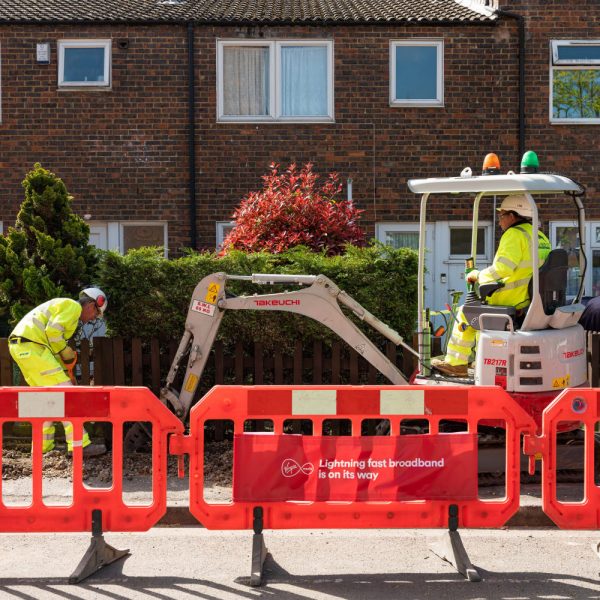

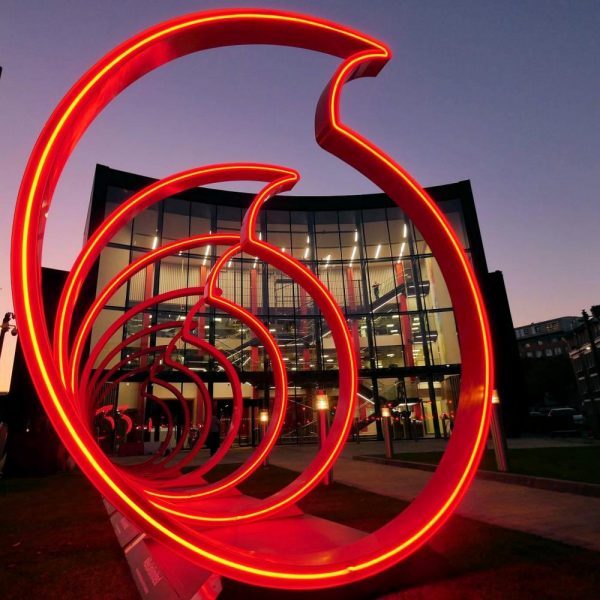
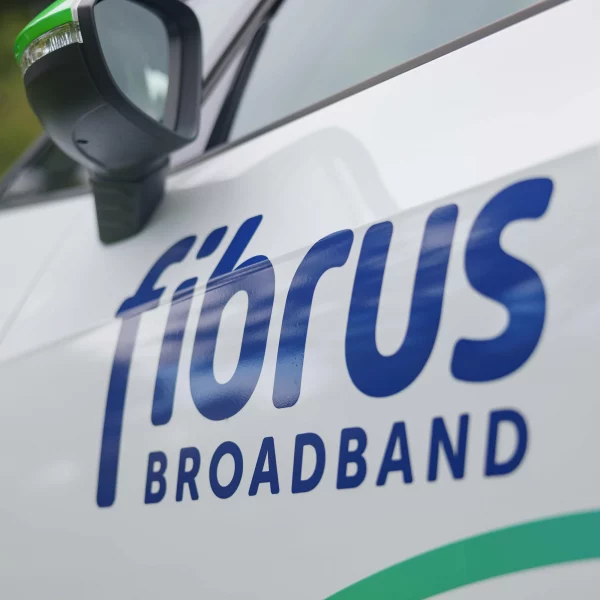
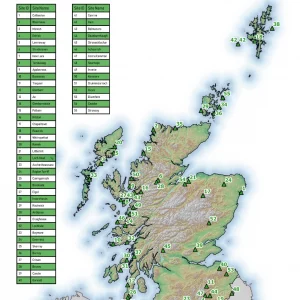
Cheap BIG ISPs for 100Mbps+
150,000+ Customers | View More ISPs
Cheapest ISPs for 100Mbps+
Modest Availability | View More ISPs
Latest UK ISP News
Helpful ISP Guides and Tips
Sponsored Links
The Top 15 Category Tags
- FTTP (5524)
- BT (3518)
- Politics (2540)
- Openreach (2298)
- Business (2264)
- Building Digital UK (2246)
- FTTC (2044)
- Mobile Broadband (1975)
- Statistics (1788)
- 4G (1666)
- Virgin Media (1621)
- Ofcom Regulation (1463)
- Fibre Optic (1395)
- Wireless Internet (1389)
- FTTH (1381)
Sponsored
Copyright © 1999 to Present - ISPreview.co.uk - All Rights Reserved - Terms , Privacy and Cookie Policy , Links , Website Rules

































